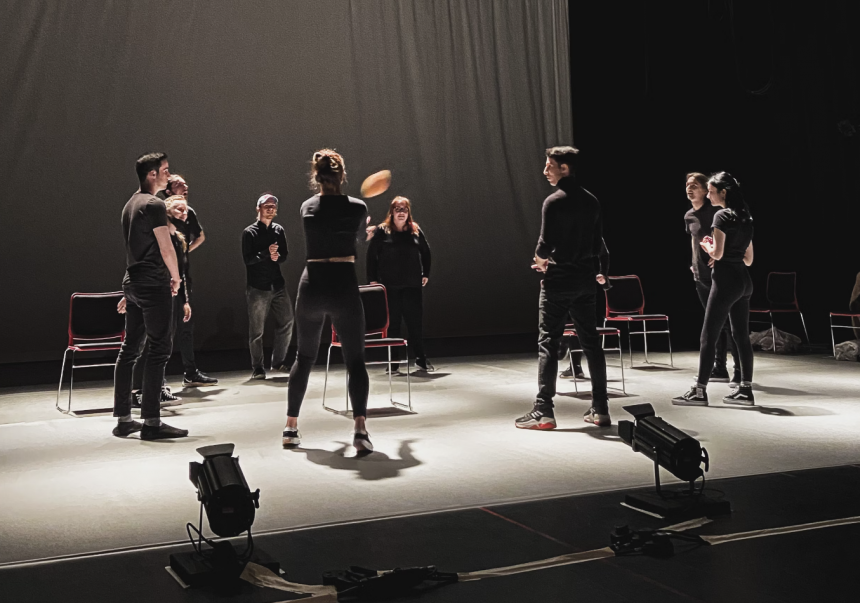
Stuttering affects about 1 in 100 people worldwide. While traditional speech therapies may lead to relapses, a new approach using improv theatre techniques has shown promise in creating longer-lasting results for individuals with stuttering issues. By reducing stuttering, these interventions can significantly improve work performance and relationships with others.
The program combines speech therapy with theatre games like ‘Ninja knife throwing’, ‘Gibberish’, and ‘Zap’. This innovative approach aims to boost confidence and break social barriers for people with a stutter. Researchers at the University of South Australia are conducting a study to evaluate the effectiveness of group improvisation (‘improv’) in enhancing communicative confidence and reducing anxiety in teens and adults with stuttering problems.
Improvisation involves spontaneous creation of scenes and dialogue without a script. The 9-week program called ‘Unscripted Confidence’, developed in partnership with Swift Speech, Stuttering & Voice, provides a supportive environment for participants to engage in various activities and social interactions, improving their confidence and communication skills.
Research honors student Damien Aston emphasizes the holistic approach of this therapy, focusing on providing a safe and comfortable space for individuals with stutters to feel supported. Improv not only helps in overcoming speech obstacles but also enhances non-verbal communication skills like eye contact and body language.
Overall, improv theatre proves to be a valuable tool in building confidence, reducing anxiety, and improving social connections for individuals with stuttering issues. It encourages participants to embrace communication challenges in a non-judgemental setting, fostering a sense of freedom and fun in expressing themselves.
Comments





